Culture club: How Hull's tech scene is putting the city on the map
It has a thriving startup community
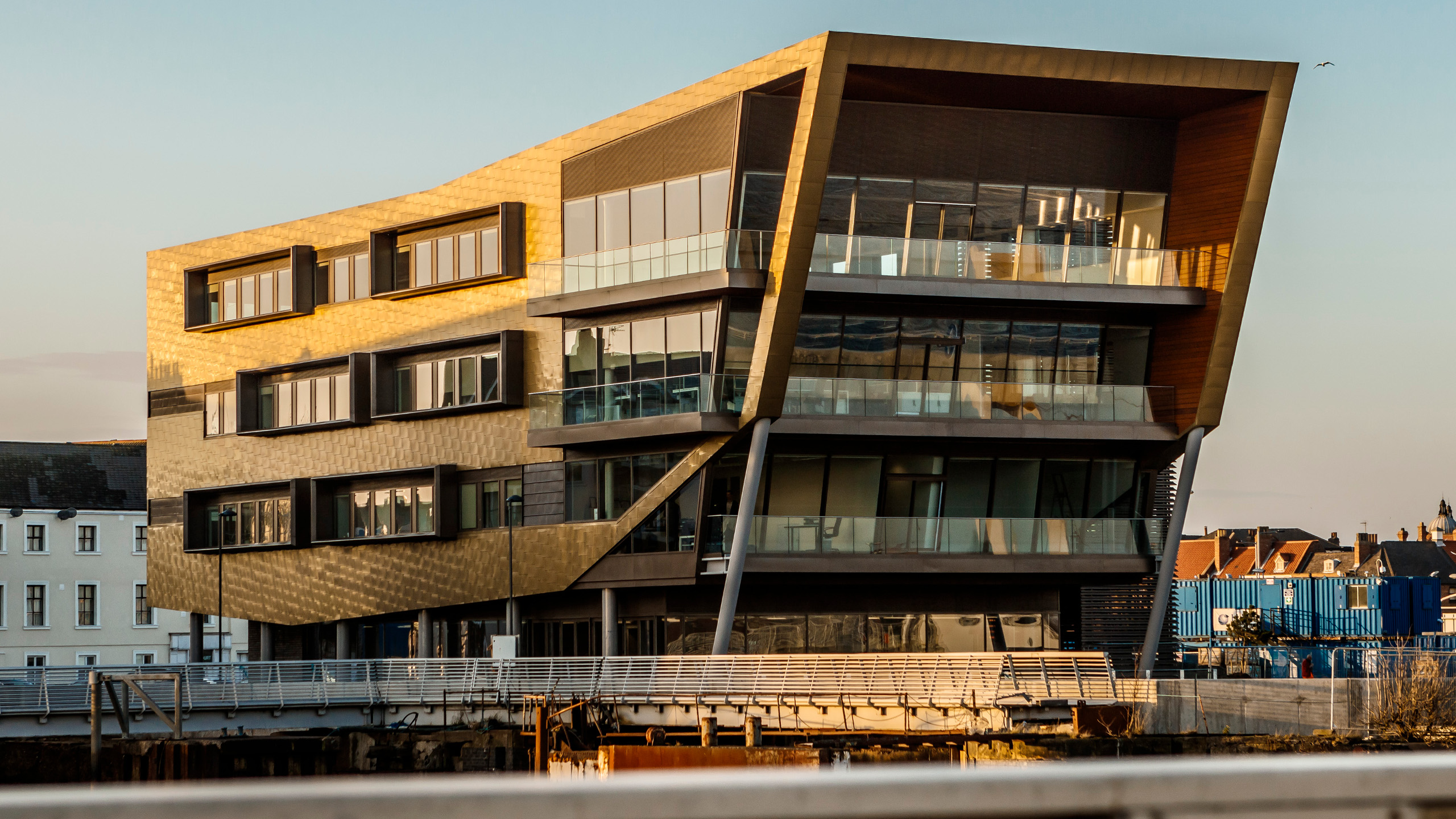
This article is part of our TechRadar North column, a series focusing on the development of the North of England's digital sector.
Seventy years after seeing 90 percent of its buildings destroyed by Nazi bombing raids during the Second World War, Hull is witnessing an explosion of tech talent. And, after after being crowned UK City of Culture 2017, it’s discovering a newfound confidence at the same time.
On the back of its digital achievements – along with those in music (thanks to events such as Freedom Festival and the Humber Street Sesh) – the city famous for producing William Wilberforce, Mick Ronson and John Prescott is hitting the headlines for the right reasons.
The city’s defendants will tell you that it’s long overdue.
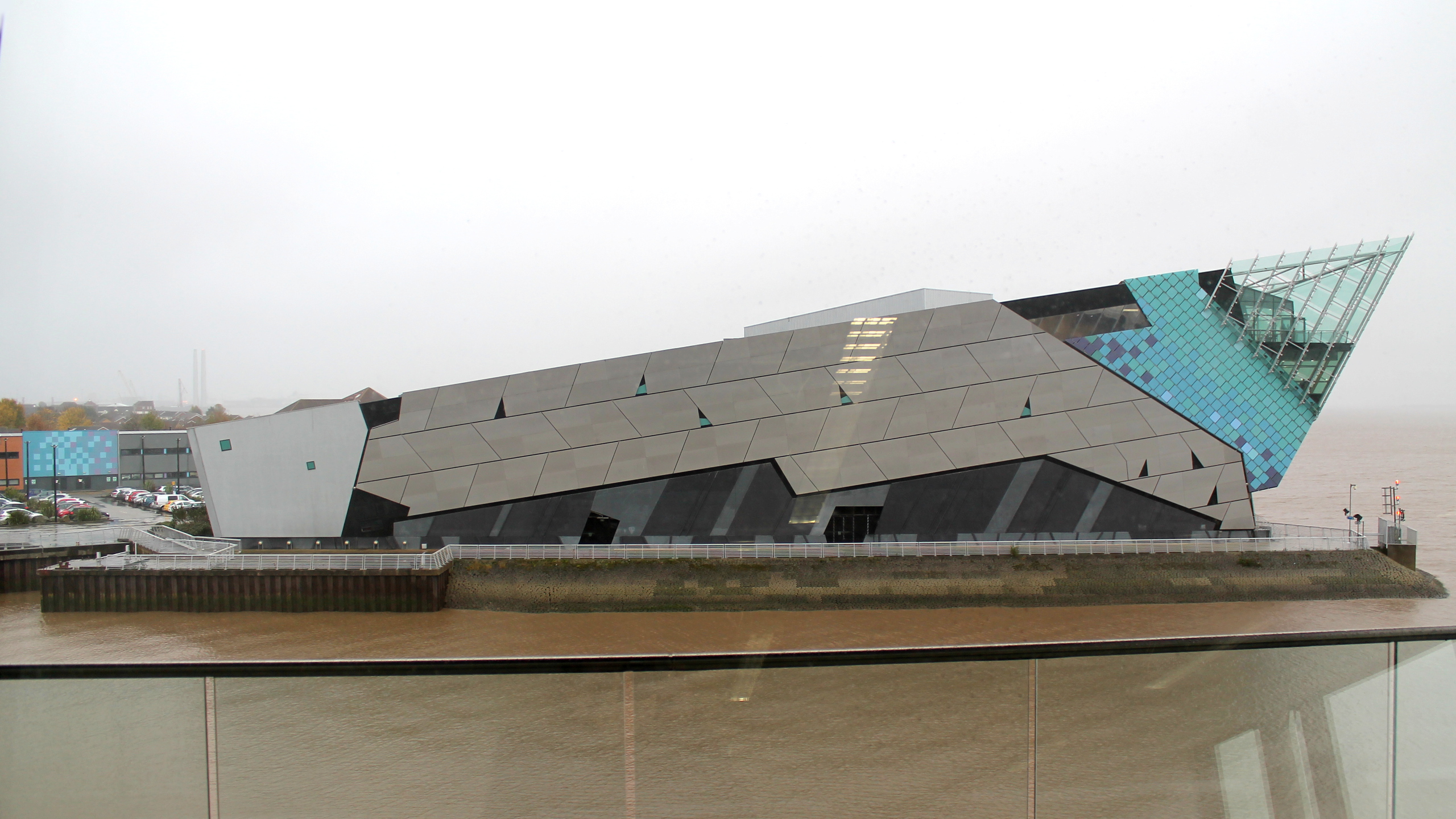
Digital has been quietly emerging as one of the city’s specialities for some time. Its modern roots can be traced back to some of the biggest tech companies you’ve probably never heard of.
Formed more than two decades ago, brand packaging specialist Trident is a global company with more than 700 employees.
ESP Systex, meanwhile, provides the technology behind London Underground's Oyster card system. Major medical equipment firm Smith & Nephew is headquartered in Hull, as is RB (formerly Reckitt Benckiser), the healthcare group that owns Dettol, Neurofen and Durex and started life as a starch mill in the mid-19th century.
Are you a pro? Subscribe to our newsletter
Sign up to the TechRadar Pro newsletter to get all the top news, opinion, features and guidance your business needs to succeed!
Siemens, which has created hundreds of jobs in the city at its wind turbine blade factory, was recently named as one of the top places in the country to work.
Alongside all of this, there was a growing freelance and tech enthusiast community, Hull Digital, that was started by Jon Moss in 2009.
Founded in a coffee shop and first attended by 12 people, it has since grown to more than 1,000 members and attracted national attention through its conference, Hull Digital Live.
"Hull always had enough tech people, but nobody was really co-ordinating anything or bringing them together," recalls Moss, who previously worked at Smith & Nephew.
"One of my big loves is creating communities, so I bought the hulldigital.co.uk domain name in 2008 and everything went from there."
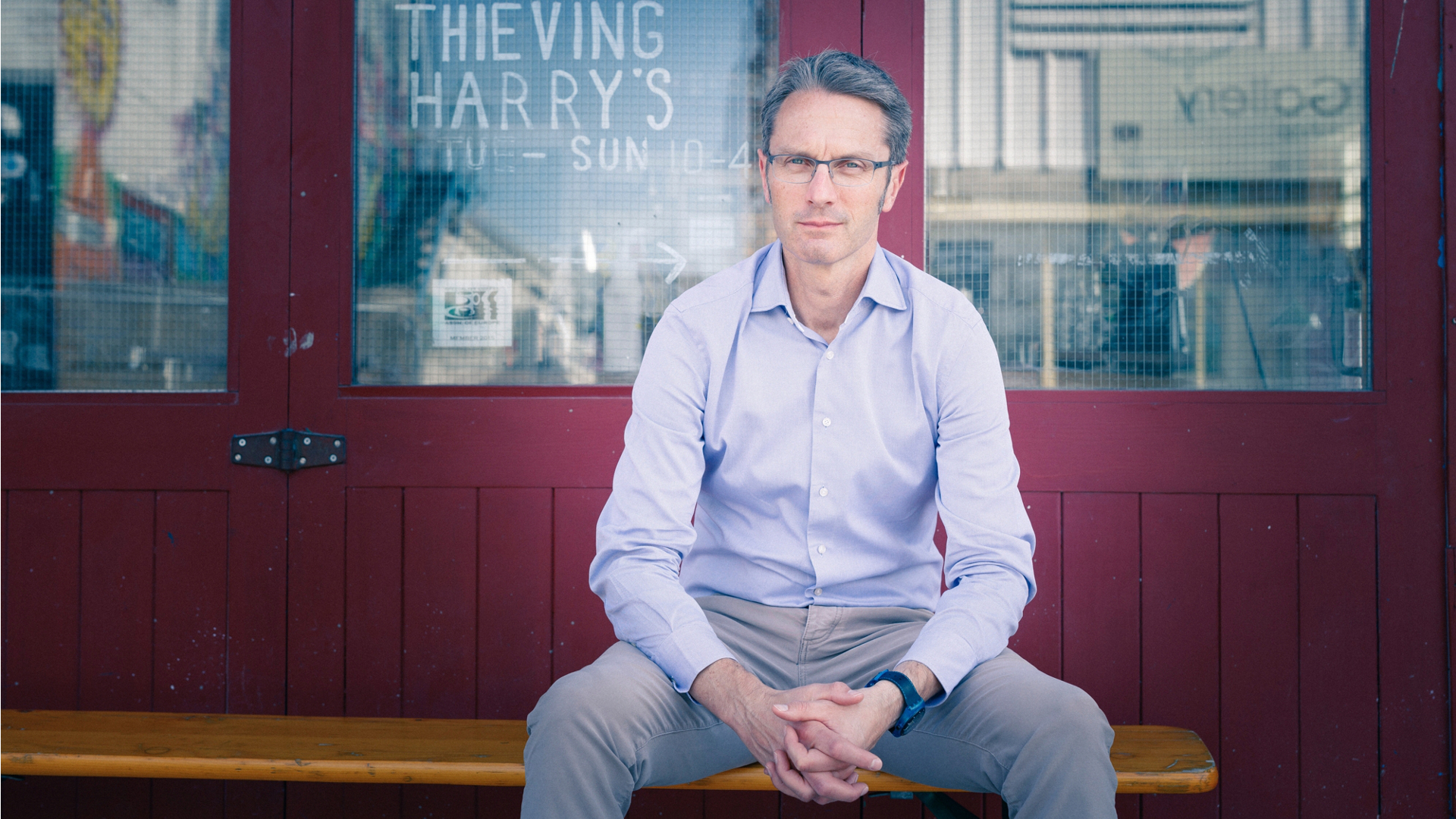
Hidden potential
However, it was a non-tech company that really saw the potential for bringing together the tech community in Hull.
Local regeneration company Wykeland had seen the impact that tech hubs had brought in other cities, and wanted to explore whether there was potential for one in Hull.
Wykeland formed a team of people from Hull University, large and small local tech companies, Kcom (the local telecoms provider), and representatives from Hull Digital. It had a vision of building a £15 million tech campus, but they needed to be certain that the concept could work.
The team decided to trial a proof-of-concept hub in a warehouse located in the city's historic Fruit Market area.
C4DI (Centre for Digital Innovation) Beta opened in July 2013, offering hot-desking and corporate programmes aimed at helping companies innovate and grow by using technology more effectively.

“Initially, we had no idea what we were doing but we knew where we wanted to get to,” says John Connolly, one of the members of that team. “We wanted prove that there was not only a demand for those services, but that we could also build a sustainable business – and that’s what we did with Beta.”
Satisfied with the concept, Wykeland built C4DI’s permanent residency, which opened its doors to startups in December 2015.
While continuing to offer coworking space and corporate mentoring, C4DI would act as a connector between its startups in residence and Hull’s local businesses, allowing both to take advantage of commercial opportunities in the private sector.
“We realised that we could grow our local startup community while at the same time helping big local businesses innovate”, says Connolly, who says that the model is vital for both sustaining C4DI’s building and the startups themselves.
“If we were a random collection of startups, disconnected from the real world operating in a silo with a bit of public money, then we’d struggle to make an impact on local industry or to have the focus to grow quality startups,” he adds. “On the plus side, bootstrapping our activity gives us all a sharpness and a slight edge.
“In some other cities you can have a hipster trendy startup scene, whereas in Hull, we don't have that luxury – startups have to be commercially focussed – they have to be building a credible business.”
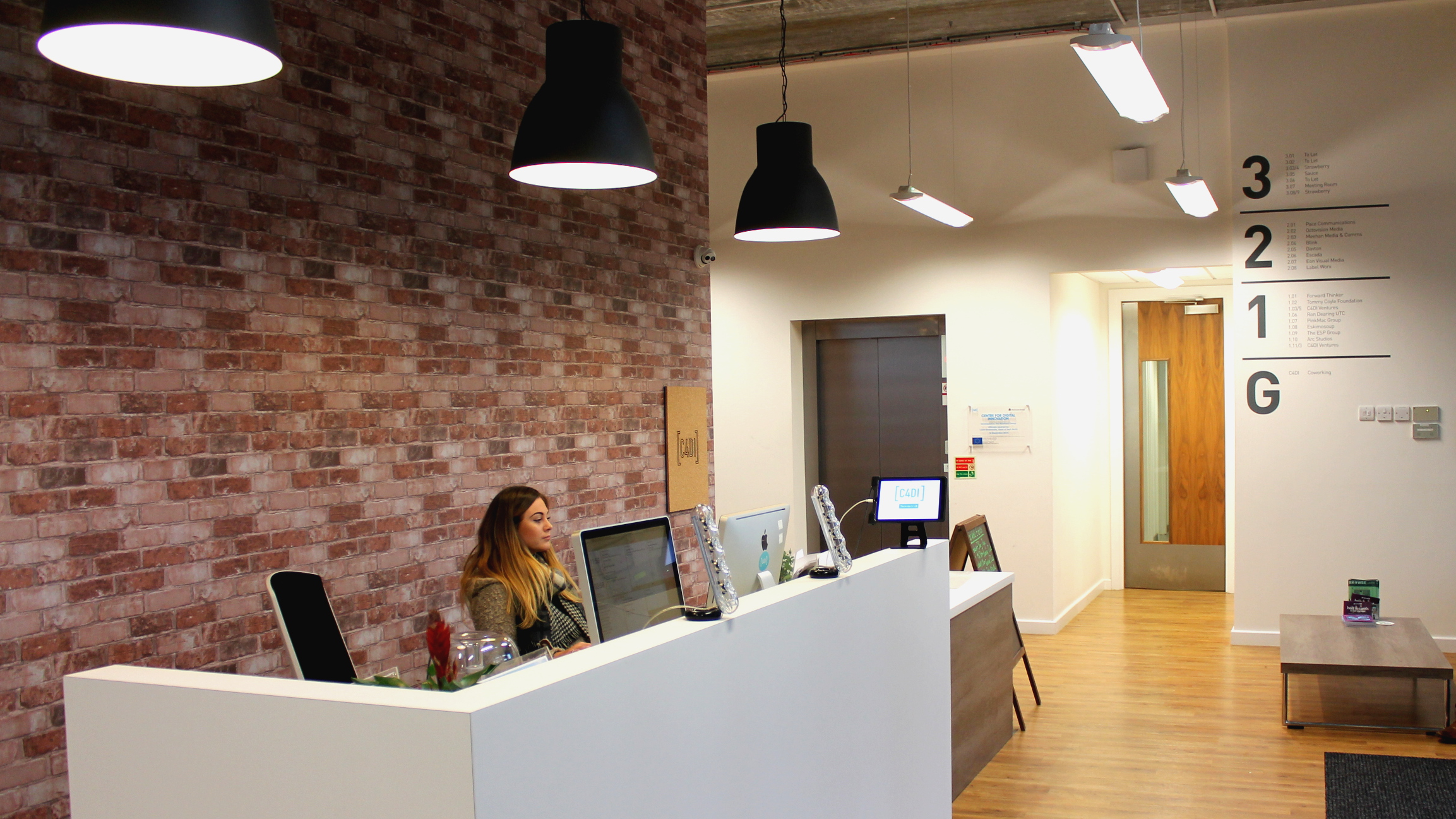
Big business
Local telecoms firm and C4DI innovation partner Kcom is one of Hull’s largest businesses. In addition to working alongside startups to solve some of the city’s problems, Kcom supplies an “ultra-fast” 1GB/sec symmetrical connection to every desk in the building.
“If you’re going to promote a digital hub then you have to have that kind of connectivity – and at C4DI they wanted the highest available,” says Gary Young, Managing Director at Kcom. “That’s not always the case with hubs across the UK – particularly in London.”
That fast connectivity, which every member of C4DI gets for a standard rate, is a huge draw for many of the startups there. Label Worx, which calls itself the largest distributor of dance music in the world and recently distributed its millionth track, uses it for uploading music to online stores such as Beatport, iTunes, Amazon and Spotify.
“By being based here we’re not spending as much as we would in London, so we can spend more on developers to build more tools and ultimately hire more staff,” says Alex Powell, the company’s music mixer and business manager. ”Ultimately it provides a better service for the record labels we work with.”
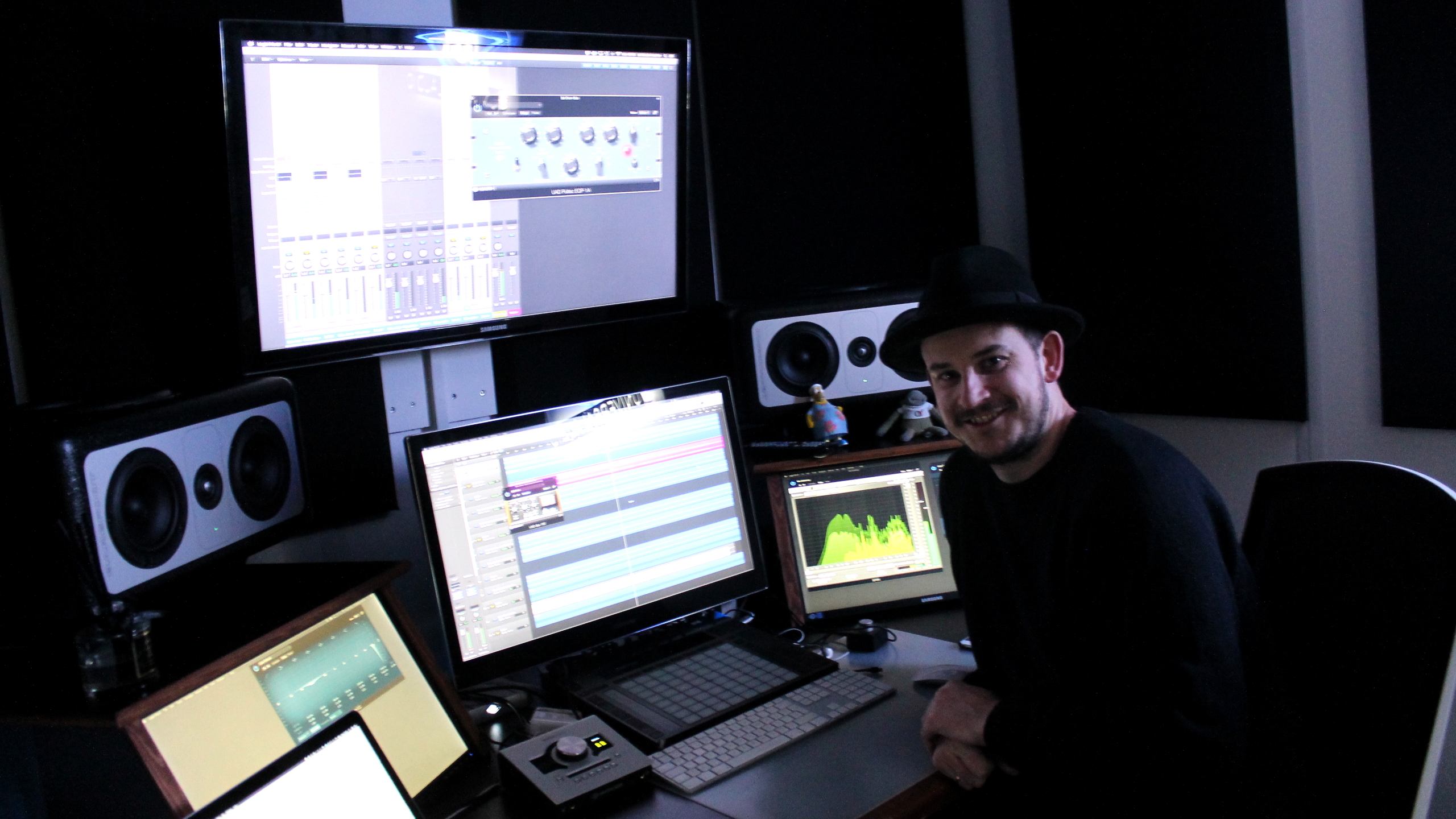
For other startups in the city, being in based in C4DI is about more than internet speeds.
3D printer company NFire Labs was started by 21-year-old Alex Youden, who came to C4DI as an intern and now runs the company making machines and selling them through Kickstarter. For Youden, access to contacts provided by C4DI was crucial in getting the business off the ground.
"NFire Labs is very much a C4DI project, as everything has been done through a C4DI contact – from the laser cutting for the printers, to promotional videos, to our website’s design," he says.
Matthew Gibson, co-founder of software company Sauce, which is developing an accompanying app for Ideal Boilers' systems, came to C4DI as an intern working for a digital marketing agency. There he met his two colleagues who are developers at the company.
“There's a great business community here, so you can be linked to people if you have an idea or need to work or be put in contact with somebody,” he says. "Plus, for younger age groups especially, housing is affordable and you get a lot for your money.
“You've got a good lifestyle and standard of living, with a nice environment to work in. What more could you want?”
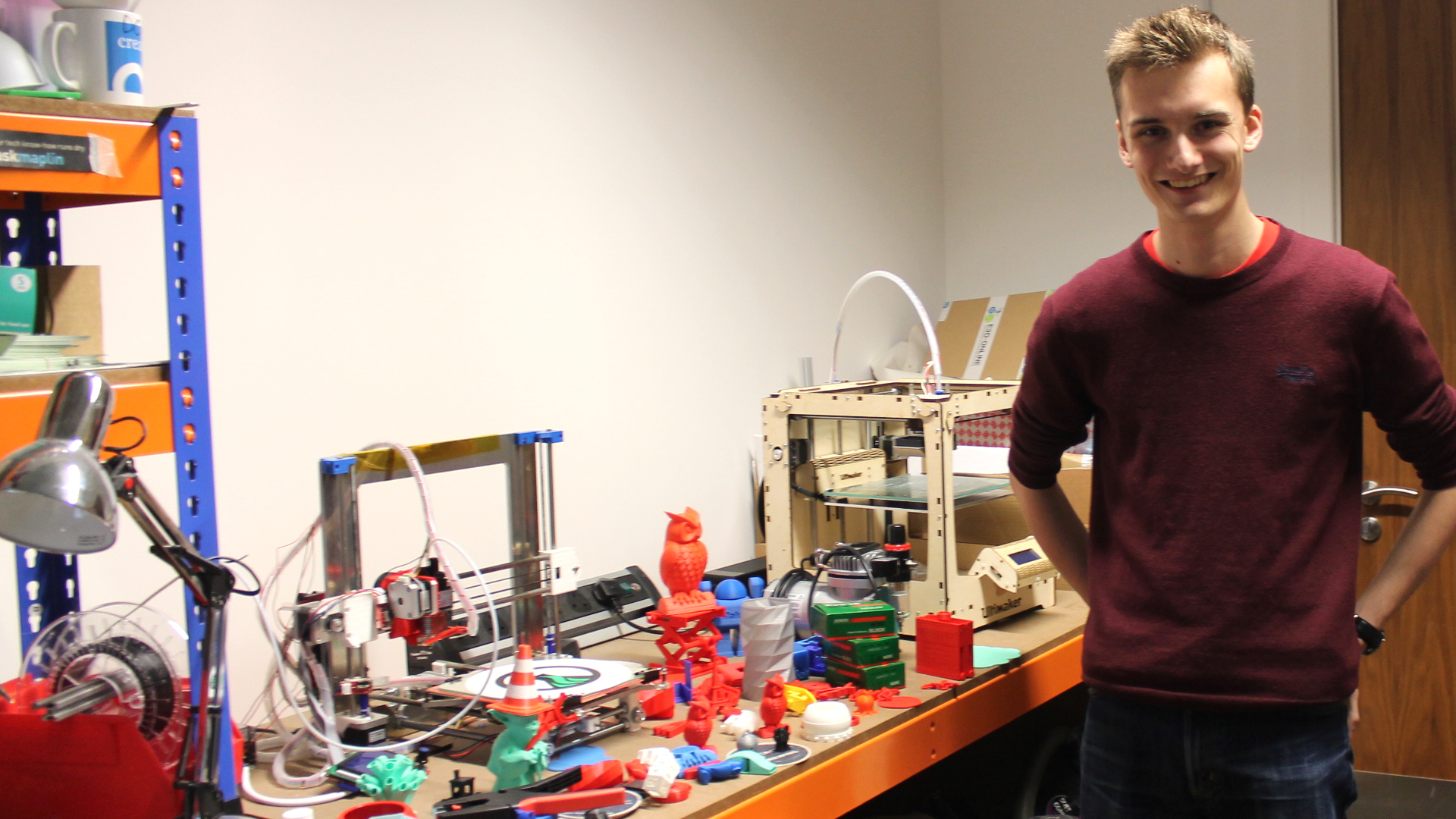
Affordable housing was also a big plus for Aaron Martin, CEO of Arc Studios, which started life as a games development company before evolving into a bespoke business software developer.
“It makes it easier for new companies to start,” he says. “For the first 12 months we were running the company from our old student house. The letting agency was really cool and let us stay there for cheap – we couldn’t do that anywhere else.”
Being based in Hull allows Arc Studios to charge less for their services while making the same percentage profit margins as companies in London, says Martin, who sees the fact that there’s a lower number of tech companies in Hull as an advantage.
“If we were in Manchester or London then it would be so saturated, whereas here at C4DI there’s a lot of tech companies but they’re pretty diverse,” he says. “You have some web developers, some graphic designers, and then there’s us.”
Video advertising firm Ash.tv, which isn’t based in C4DI, was one of the 10 winners at Tech North’s Northern Stars startups competition. Despite recently opening a second office in Amsterdam, CEO Ash Lewis is keen to keep its HQ in Hull.
“We’d like to keep our head office in the heart of Yorkshire,” he says. “We certainly owe our city a large amount – from low-costs to acquire a decent-sized office, to the talent that is actually burrowed within our city.
“Regardless of the Northern stereotype from our experience, it’s clear to see that Hull can easily compete with the talent and experience of other cities.”
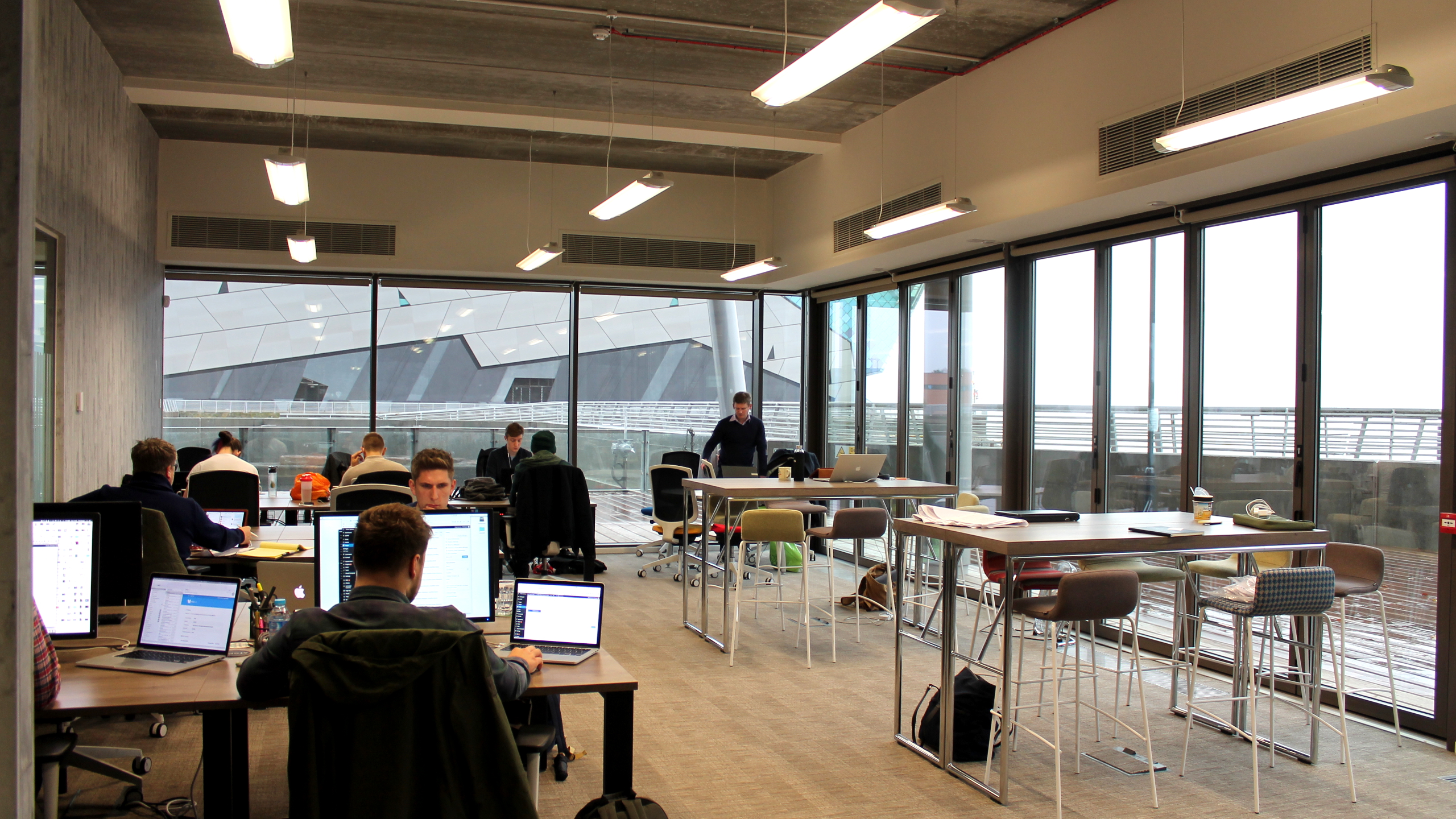
To Hull and back
Hull’s burgeoning tech sector and City of Culture Status paints a picture of a city on the up, and Kcom’s Young believes that both will benefit the city on the whole.
“If you look at a lot of the figures – from unemployment to Jobseeker’s Allowance – pretty much every economic indicator is heading in the right direction, which is fabulous,” he says.
"The investment in the private sector is quite an important proof point on confidence – you don’t get those sums of money if you’re not confident in not only your own business plan, but also the ecosystem around you.”
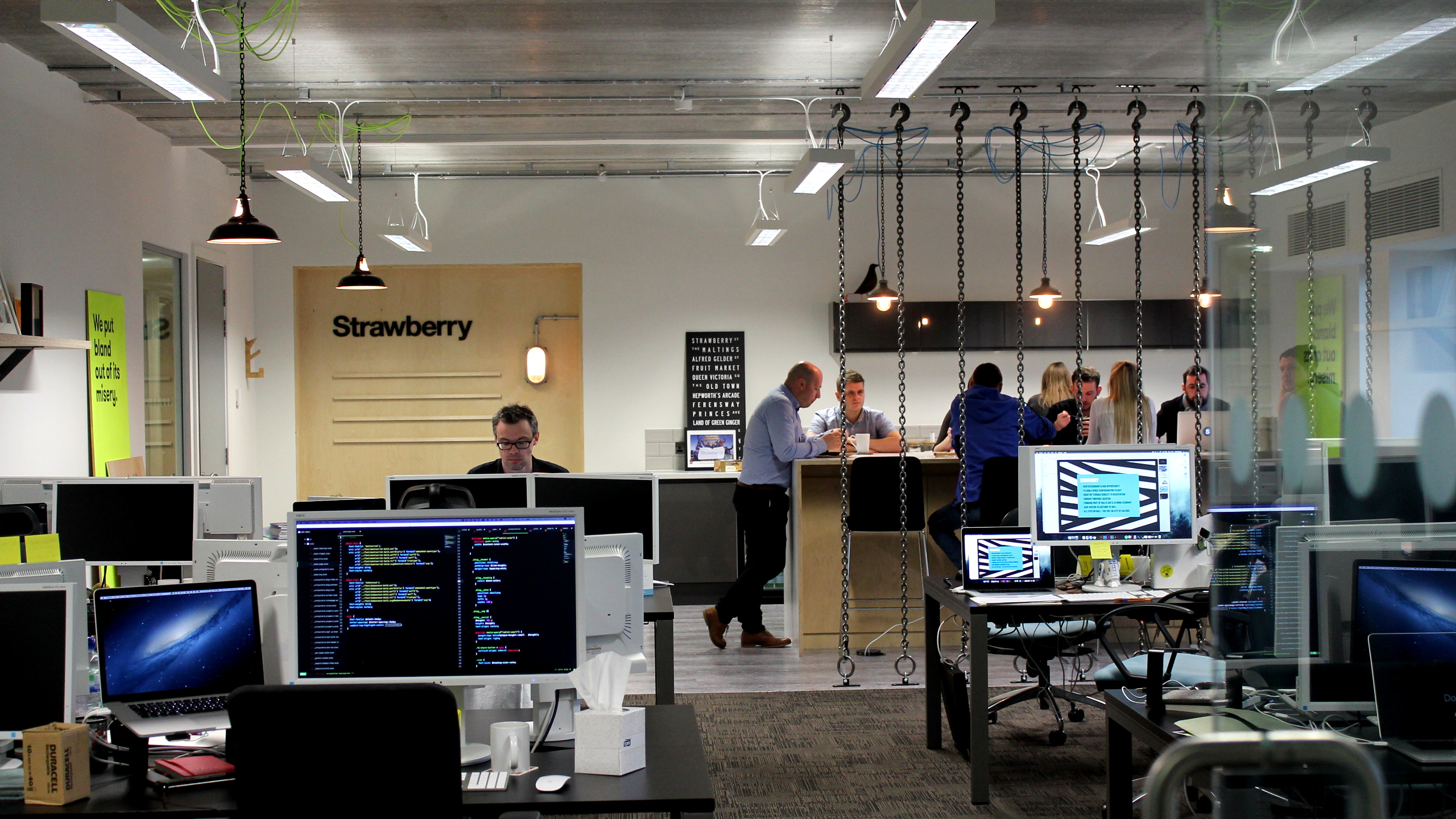
Creative marketing agency Strawberry, which moved from Strawberry Street to C4DI in June, has seen the city change throughout the years. It was one of the first to start using Apple Macs in 1989 and registered its domain name – strawberry.co.uk – in the late 90s.
“In Hull, we’re as good as anybody else in the north, if not London.” says Jonathan Leafe, managing director at Strawberry. “I think we need more bodies here in all honestly. Hull has world class businesses all doing their thing, with thousands of people doing tech stuff already, but it’s just not talked about enough.”
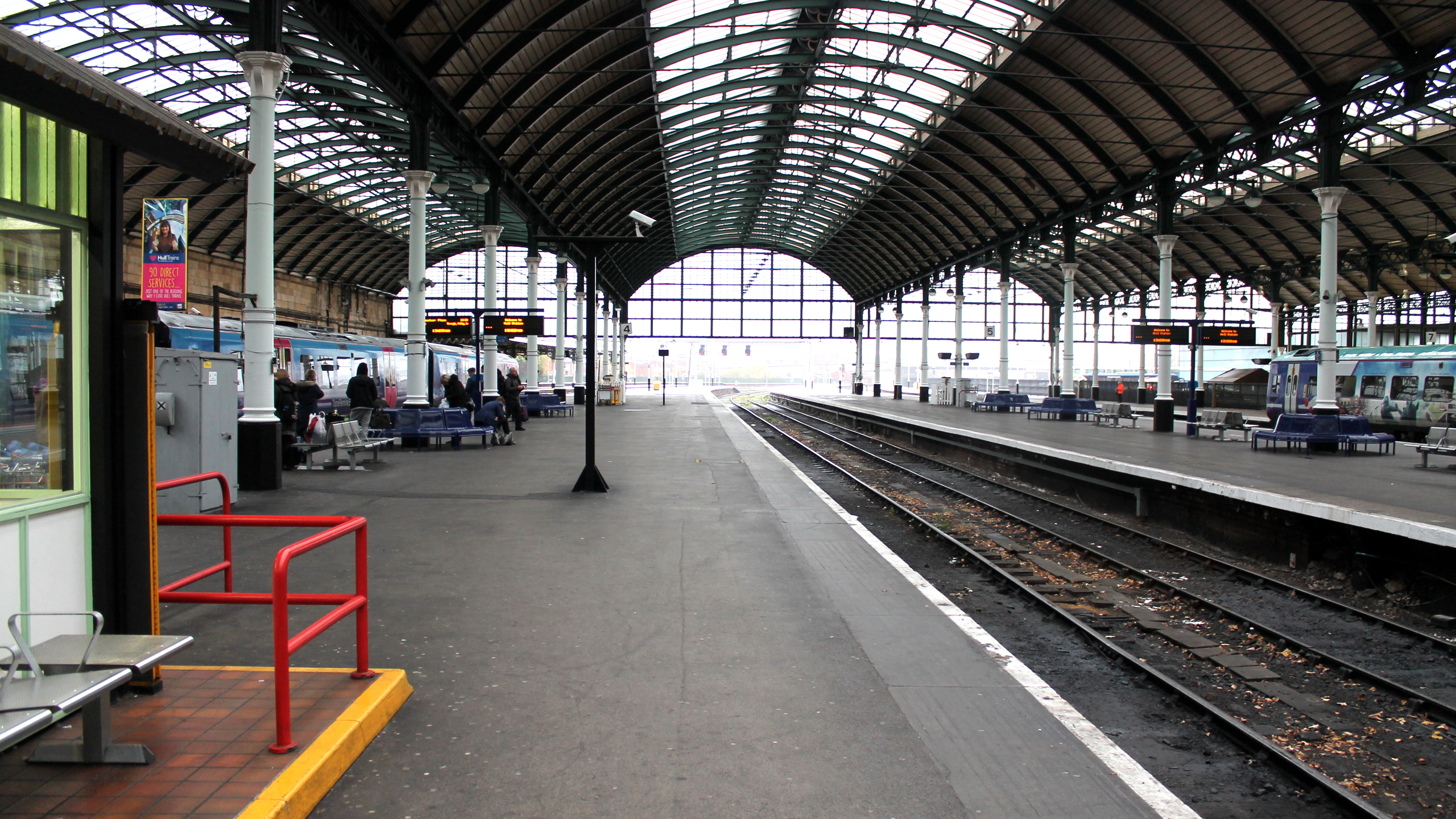
Leafe believes that a particular kind of resilience and work ethic is ingrained in Hull’s digital scene that has come about through years of setbacks in recent history.
“We've had so many setbacks with the bombing in the Second World War and the end of the fishing industry that we simply wouldn't be here if we weren’t resilient,” he says. “We’re the most resilient City in the North – no question about that.”
With just one month to go until the start of its year-long City of Culture show, Hull is finally getting the chance to show the world that it means business – digital and otherwise.
